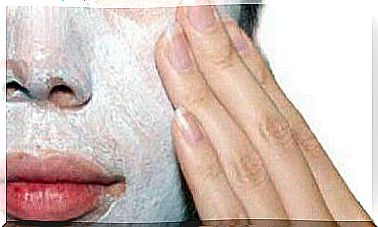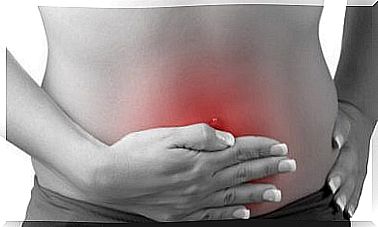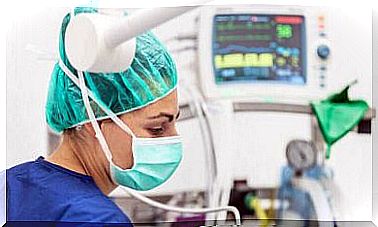5 Reasons Why We Shouldn’t Drink Bottled Water
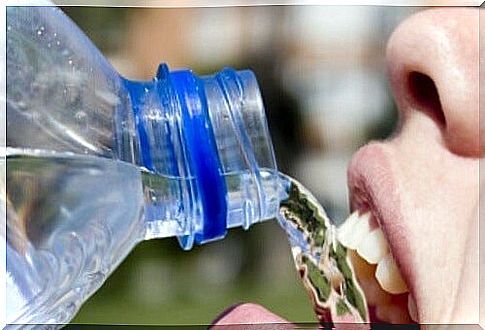
Water is an essential drink. Indeed, in addition to refreshing us, it fulfills a very important role in our body.
Given the importance of water to our body and our need to hydrate, many companies have taken advantage of it. They turned this liquid into a business that has been ripping off consumers for many decades.
Slogans such as “9 out of 10 doctors advise it” have thus appeared. Many companies thus sell bottled water ensuring that it is healthier than tap water.
Yet it is evident that these industries distribute poor quality water at very high prices to consumers.
Bottled water is not an environmentally friendly alternative, although the industry would like it to be.
It is obvious that today, many companies are promoting the reuse or recycling of plastic bottles. But, in most cases, the bottles always end up in the trash and then contribute to the pollution of the planet.
Tap water is not necessarily 100% good. But it all depends on the treatment it receives for human consumption.
In this article, we are going to walk you through the 5 reasons why you should stop drinking bottled water.
Plastic bottles are not environmentally friendly
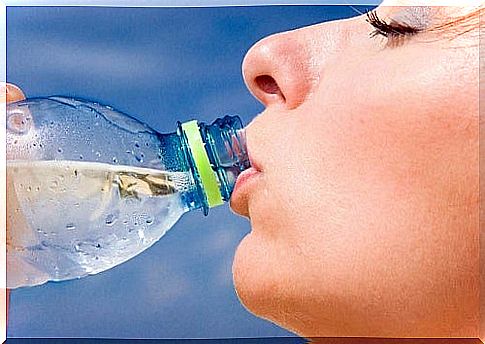
Thus, the industry wanted to make consumers believe that plastic bottles are biodegradable and environmentally friendly.
However, these bottles are made from materials that can take hundreds of years to decompose.
Today there are several recycling campaigns to reduce the impact of plastic bottles. But it has reduced a tiny part of the general pollution.
According to some studies, more plastic bottles end up in the trash than those that are recycled.
In addition, “biodegradable” bottles do not break down as easily as we think because they use less plastic than others.
Most bottled water is similar to tap water but comes at a higher cost
On the water bottle, there may be a drawing of a spring or a stream of clear, peaceful water. But that doesn’t mean the water is 100% pure or of better quality.
In fact, only a small percentage of bottled water comes from underground or non-underground water sources.
Almost 25% of bottled water comes from the tap. Of course, some companies filter or irradiate this running water with ultraviolet light before selling it at costs 100 times more expensive than what we have at home.
In addition, several studies have found, when testing bottled water, that it may contain harmful or toxic substances. In particular phthalates, rust, microbes, benzene, trihalomethanes and even arsenic.
In this sense, experts consider tap water to be more reliable, of course, if purification processes are used in the city where one lives.
Many bottled waters contain toxins
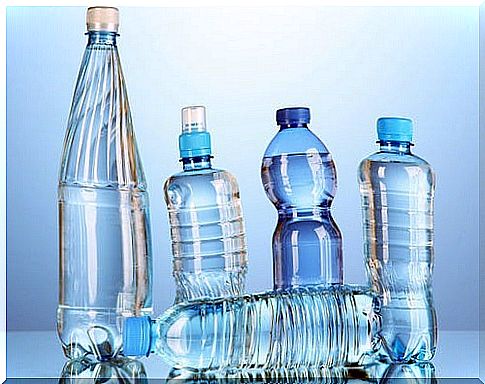
The plastic used in water bottles is not only bad for the planet, it can also harm you.
Companies that bottle use a type of BPA-free plastic, which is less toxic than other plastics.
However, this does not protect them from the fact that chemical compounds can seep into the bottles when they are exposed to heat for a long time.
Some of the chemicals can be endocrine disruptors, although this is not scientifically verified.
Local water complements organic food
Organic food has become very popular these days. Indeed, it has been determined that they are much healthier than those subjected to pesticides and other chemicals.
Cooking these foods with tap water is also a way to support healthy and environmentally friendly food.
There are several healthy alternatives to bottled water
There is a good option to save money and have a healthier, more environmentally friendly option. It’s buying a reusable bottle of any size or shape you like.
There are many bottles on the market that are ideal for recharging with water and always having this liquid close at hand, which is so necessary for our good health.
In the case of the household, there are more and more innovative products that can give you more confidence to drink tap water.
A good option is to invest in a glass pitcher that has a biodegradable filter and ensures even safer water.
Alternatively, you can use tap filters, which are easy to install and improve water quality.




